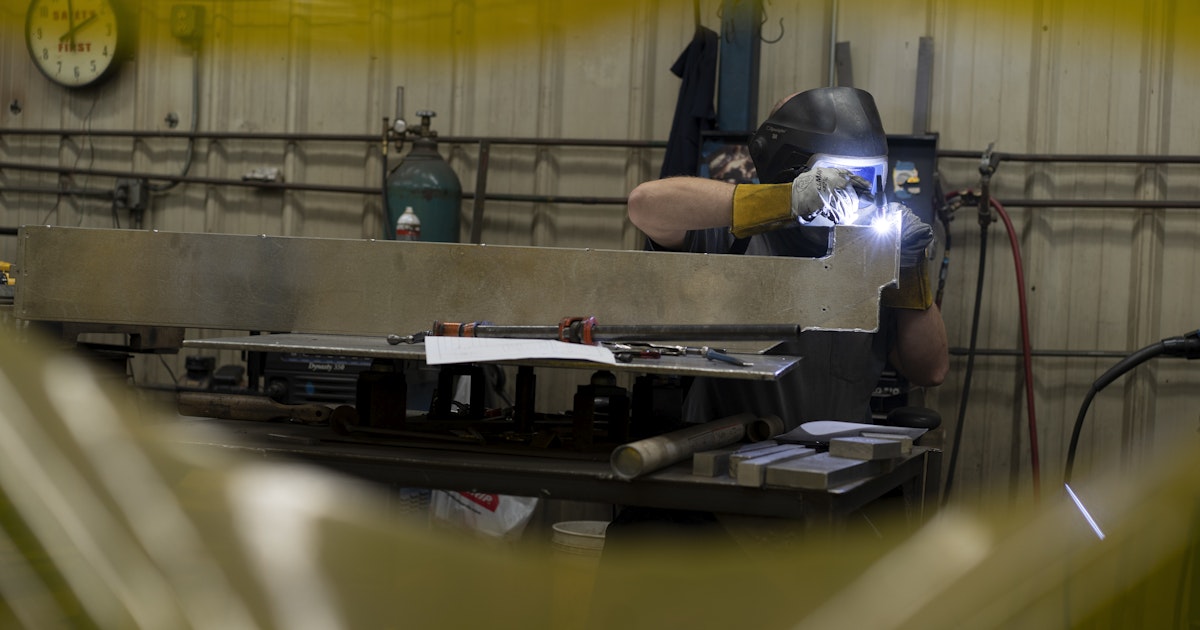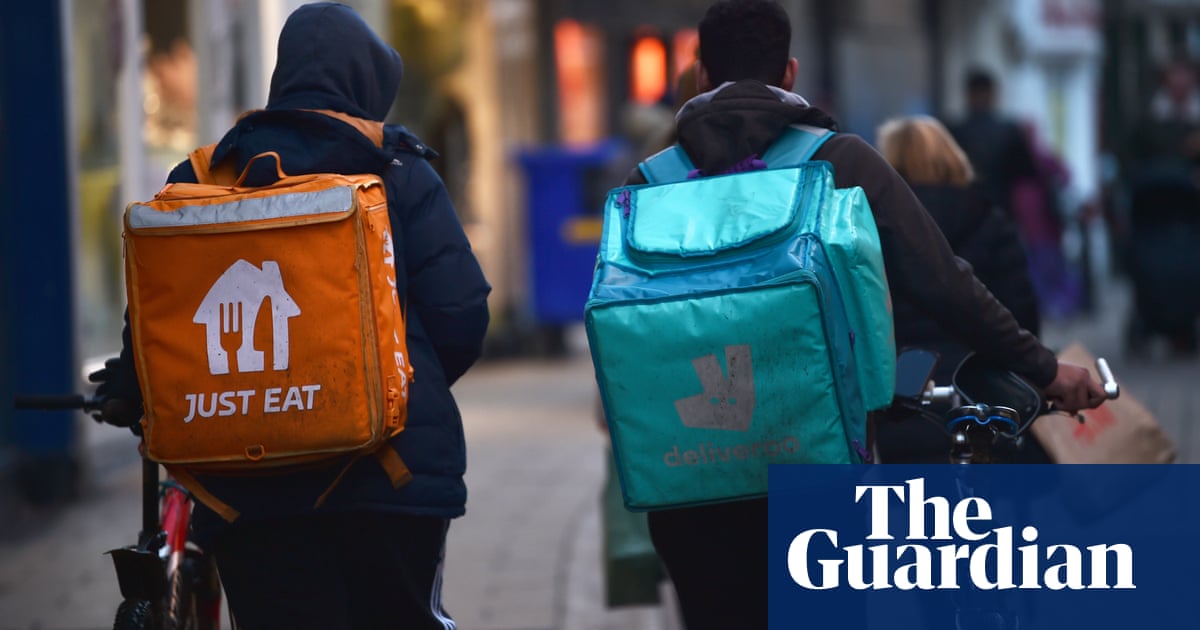Lyft Settles with DOJ for $2.1 Million: Implications for Rideshare Drivers and Future Legislation
In a significant development for the rideshare industry, Lyft has agreed to settle a lawsuit with the U.S. Department of Justice (DOJ) for $2.1 million. The lawsuit alleged that Lyft misled potential employees regarding their earning potential, raising concerns about transparency and fairness in the gig economy. This settlement not only highlights the ongoing scrutiny of rideshare companies but also opens the door to broader discussions about worker rights and benefits.
The Lawsuit: Allegations Against Lyft
The DOJ’s lawsuit accused Lyft of providing misleading information to prospective drivers about their potential earnings. This kind of misinformation can have serious implications for individuals considering driving for rideshare companies, as it affects their financial planning and expectations. The settlement, while substantial, raises questions about accountability and the measures companies must take to ensure transparency in their hiring practices.
Legislative Developments in Wisconsin
In a related context, a bipartisan bill introduced in Wisconsin aims to expand benefits for drivers working with delivery and rideshare companies like Lyft, Uber, and DoorDash. This legislation, introduced on May 19, seeks to provide independent contractors with access to benefits that are typically reserved for full-time employees, such as health insurance and retirement accounts.
What Are Delivery and Transportation Network Companies?
Delivery network companies, such as DoorDash and Instacart, provide fast and reliable delivery services, often employing a fleet of drivers to optimize logistics. Transportation network companies, like Lyft and Uber, connect passengers with drivers through digital platforms, relying on independent contractors who use their personal vehicles for transportation services.
Key Features of the Wisconsin Bill
Currently, independent contractors in Wisconsin lack access to essential benefits that traditional employees enjoy. The proposed legislation would allow companies to offer these benefits and contribute up to 4% of quarterly earnings to health care and retirement savings accounts. This approach to portable benefits means that they are not tied to a specific employer, allowing workers to retain access to benefits regardless of their employment status.
Legislative Support and Opposition
The bill has garnered bipartisan support, with key figures like Sen. Julian Bradley and Rep. Alex Dallman advocating for it. They argue that the legislation would protect drivers’ independence while providing necessary benefits. However, the Wisconsin AFL-CIO has expressed concerns, stating that the bill does not guarantee job protections or benefits for drivers. Critics argue that the language in the bill is vague and does not ensure that drivers will receive the benefits they need.
Criteria for Independent Contractors
Under the proposed legislation, drivers would be classified as independent contractors if the transportation network company does not:
Set explicit hours for work.
Terminate contracts for not accepting service requests.
Bar drivers from working with other companies.
Limit drivers’ ability to engage with other authorized businesses.
This classification is crucial, as it determines the benefits and protections available to drivers.
Industry Response to Legislative Changes
Companies like DoorDash have publicly supported the Wisconsin bill, emphasizing the importance of providing drivers with both flexibility and access to benefits. DoorDash has already launched pilot programs in other states to offer portable benefits to its drivers. Similarly, Lyft has initiated its own portable benefits program, starting in Utah earlier this year.
Conclusion: A Shift in the Gig Economy
The settlement between Lyft and the DOJ, coupled with the proposed legislation in Wisconsin, marks a pivotal moment for the gig economy. As rideshare and delivery companies face increasing scrutiny over their treatment of workers, the push for better benefits and protections is gaining momentum. The outcome of these legislative efforts could redefine the landscape for independent contractors, ensuring that they receive the support and security they deserve while maintaining the flexibility that attracted them to gig work in the first place.
As discussions continue, it remains to be seen how these changes will impact the rideshare industry and the drivers who rely on it for their livelihoods. The balance between independence and security is delicate, and the ongoing dialogue will be crucial in shaping the future of work in this sector.



















